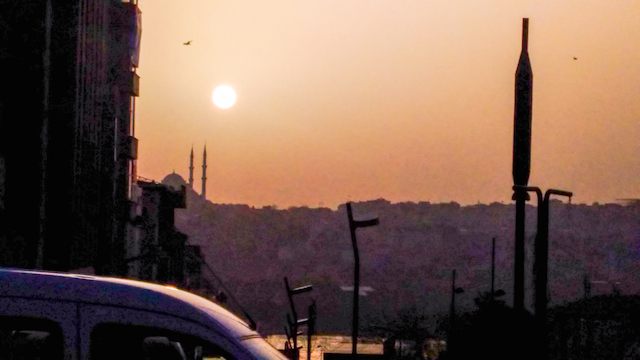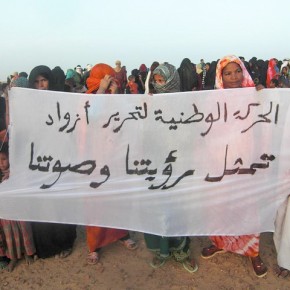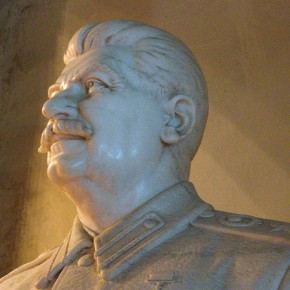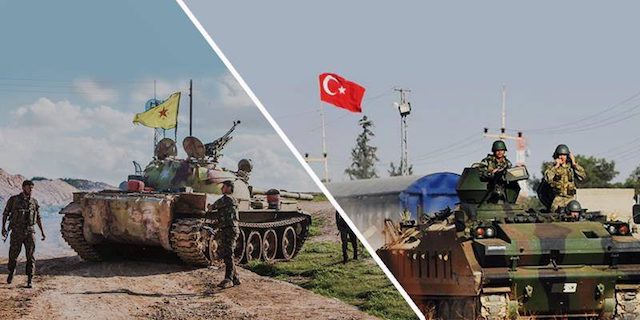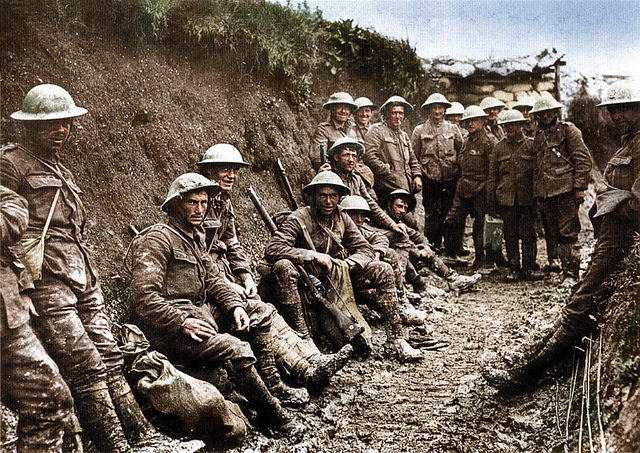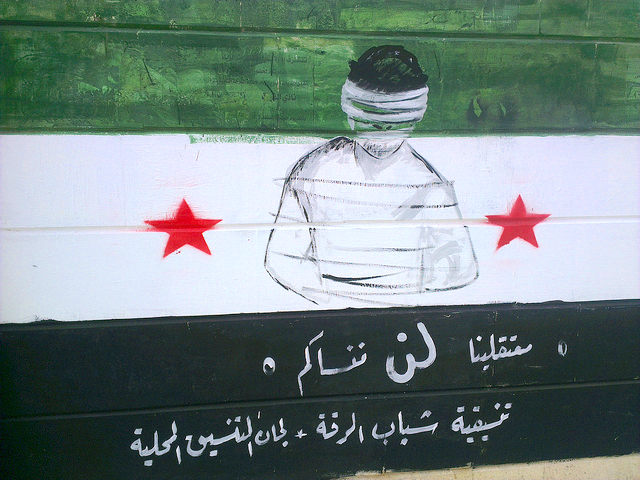As someone who is prone to accidents, having broken bones, and living with the motto ‘Danger is my middle name’, I am a prevention supporter. I visit my doctors often to check everything from head to toe to make sure that the year will go smoothly. So, when I told my endocrinologist that there was something wrong with me, about my ever-changing weight, and feelings, she gave up and ordered me to take a scan to see how my thyroid was performing.
And there it was: a lump right in the left side of my thyroid. A biopsy was inevitable. My doctor knew that it was thyroid cancer; a day later the lab results confirmed our fear.
“Go abroad, by all means, don’t be afraid,” a sweet, elderly professor told me before I left the clinic.
I got online to see what was available. Dr. Mete Düren was soon looking at my results. It was not the first time that Georgian patients, tired of bad treatment at home, absolutely shameful before and after care, incorrect diagnoses and other horror stories have fled to nearby Turkey, or Israel, for treatment.
My mother was being a mother. Standing over my head, she was already picturing me being under chemotherapy, losing my hair, and wounds that would not heal.
“Remember how the surgeons left a cotton bud inside your wound and you had to be operated on three times? Your scar will never go away. What about if you have metastasis? Remember when you had your glands removed, and you bled for days from your mouth! What about if …”
I never knew anyone with thyroid cancer before. But I knew people who died of cancer around me, and I knew several who went to Istanbul to get treatment funded by charity fundraising, which I widely participated in. So, I requested an appointment with Dr Düren.

I was pleasantly surprised when I met him, He was more than I expected, a son of his equally well-known and loved father. Mete is a highly educated professional, who started his residency at Istanbul University Cerrahpasa Medical School, Department of General Surgery, directed by his father, Professor Dr. Erol Düren, the founder and pioneer of modern endocrine and thyroid surgery in Turkey. Mete himself operates at least on 1000 patients a year, or 1 % of the whole country.
He told me that he chose thyroid surgeries over breast surgeries. “Thyroid problems are the common disease in our area,” he said. “It’s an iodine deficiency area, like in Georgia. Now we have the iodine salt programs, solving the problem in twenty years.”
During my frantic research, I came across endless posts and blogs about the disease, people say how silent it is, how unnoticed things go until the goitre appears, ‘Graves disease’ and ‘Anaplastic’ cancer, killing mostly males.
American websites are awash with the information, because the awareness of this cancer is higher in the US rather than anywhere else. Despite being so common, I have never heard anything useful about this, and my parents never told me about the iodine salt until I was much older and living abroad. Mete said “This is the cancer where, on the one hand you do not have to do anything, while on the other hand it can be so bad that nothing will help to heal the patient.” One percent of thyroid cancers can transform into Anaplastic formations.”

My friendship with Mete begun soon after wrote to him, when he called me on a snowy Saturday morning, a few days before my trip to see him. Soon enough, I was on the plane to be operated on, in Istanbul’s Acibadem Maslak Hospital. Istanbul has always been one of my favourite places to visit, eat, rest, shop and spend my family holidays.
The week turned into a small adventure. I took an aspirin for my headache the day before my operation, so my it had to get reschedueld. I felt like I was a random visitor at the hospital rather, than a papillary carcinoma patient. I did not want to look silly, and managed to get into a conversation with other international patients, who the felt same way.
“My daughter is in the operating theatre now. I am not worried, but she is only 22 and hopefully she will take care of herself now and stop the solar beds,” a lovely Georgian lady told me in the hospital cafeteria.
“I left immediately, as soon as I was told I had adenoma,” one women tells me.
“I am here to do test for my auntie. She has an ovarian cancer scare,” I overhear someone else saying.
Finally, the day came when I was wheeled into the operating theatre just before I was sedated with some pills prior to anaesthetic. The last thing I remember was Mete telling me to smile. I said, “Make my scar beautiful. I am a reporter, I need to look good.”
His reply was, “You are my 51st patient from Georgia.”
Mete said goodbye in Istanbul’s beautiful Beşiktaş neighbourhood. He confirmed the original diagnosis. The doctor’s antique style, low ceiling office was the total opposite of the state of art Acibadem hospital premises.
After several unusual days of sunshine, suddenly a snow storm hit Istanbul, I was packing my bags, even managing to get some shopping done for my kids and myself. I was feeling so great and looking outside of the window. All I worried about was not to missing my flight back home due to the snow.
Not how my further treatment would progress. Would it to be radioactive iodine? Will my hormone replacements affect me in anyway, now that the whole thing is gone?
Thyroid cancer is not something I was afraid of in snowy Istanbul.
Helena would like to thank her employer, Bloomberg, for the amazing support its shown her during health crisis. Photographs courtesy of the author.
